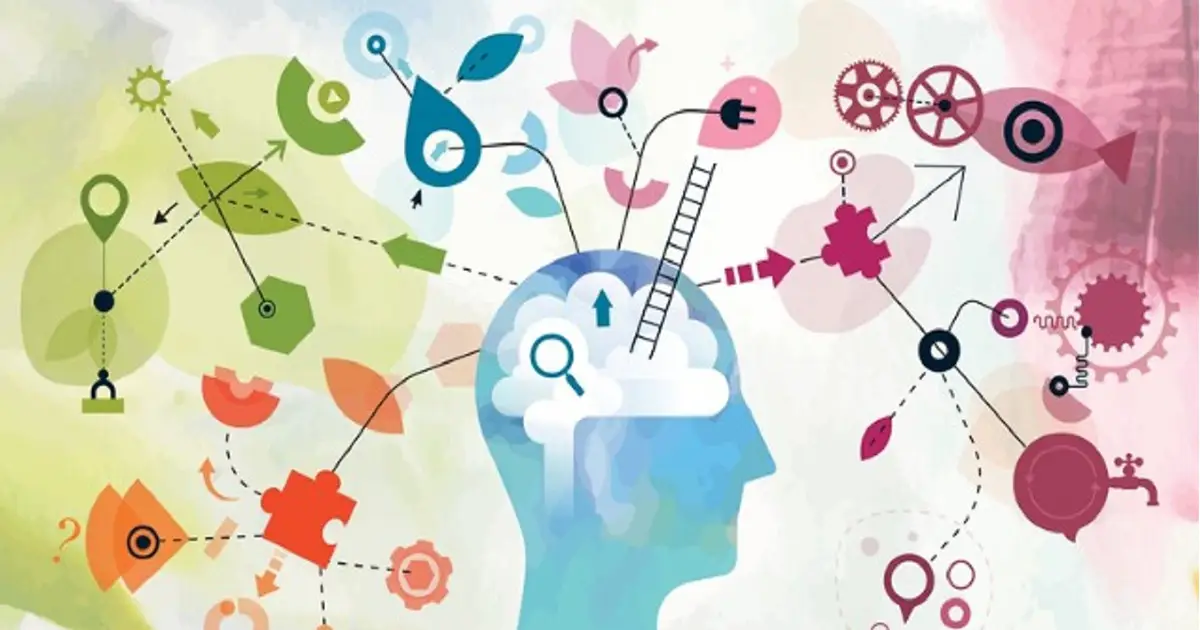Educational Psychology: Importance & Role of Psychologists

What is Educational Psychology
Educational Psychology is a branch of psychology that focuses on understanding how people learn and develop in educational settings. It applies psychological theories, principles, and research to improve teaching methods, enhance learning outcomes, and address educational challenges. Educational psychologists study the cognitive, emotional, social, and behavioral processes involved in learning, as well as the factors that influence these processes.
Key Areas of Educational Psychology
- Learning Theories and Processes
- Examines how individuals acquire, retain, and apply knowledge.
- Key theories include:
- Behaviorism (e.g., Pavlov, Skinner): Focuses on observable behaviors and reinforcement.
- Cognitivism (e.g., Piaget, Vygotsky): Explores mental processes like memory, problem-solving, and critical thinking.
- Constructivism: Emphasizes how learners construct knowledge through experiences.
- Developmental Psychology in Education
- Studies show students grow and develop cognitively, emotionally, and socially over time.
- Explores stages of development (e.g., Piaget’s stages of cognitive development) and their implications for teaching.
- Motivation and Learning
- Investigates what drives students to learn and how motivation affects academic performance.
- Theories include:
- Intrinsic vs. Extrinsic Motivation: Internal drive vs. external rewards.Self-Determination Theory: Focuses on autonomy, competence, and relatedness.
- Achievement Goal Theory: Examines mastery vs. performance goals.
- Individual Differences
- Focuses on how factors like intelligence, personality, learning styles, and special needs impact learning.
- Includes the study of giftedness, learning disabilities, and inclusive education.
- Assessment and Evaluation
- Develops tools and methods to measure learning outcomes, skills, and abilities.
- Includes standardized testing, formative and summative assessments, and alternative assessment methods.
- Classroom Management and Teaching Strategies
- Explores effective teaching methods, classroom organization, and behavior management techniques.
- Aims to create a positive learning environment that supports student engagement and discipline.
- Social and Emotional Learning (SEL)
- Focuses on developing students’ emotional intelligence, self-awareness, and interpersonal skills.
- Addresses issues like bullying, peer relationships, and mental health in schools.
- Educational Technology
- Examines the role of technology in enhancing learning experiences.
- Includes the use of digital tools, online learning platforms, and adaptive learning systems.
- Special Education and Inclusion
- Addresses the needs of students with disabilities or special educational needs.
- Focuses on creating inclusive classrooms and individualized education plans (IEPs).
- Teacher Training and Professional Development
- Studies how teachers can improve their instructional practices and adapt to diverse student needs.
- Emphasizes reflective teaching, mentorship, and lifelong learning for educators.
Applications of Educational Psychology
- Designing curriculum and instructional materials.
- Developing strategies to support struggling learners.
- Enhancing student engagement and motivation.
- Addressing behavioural and emotional challenges in the classroom.
- Improving teacher-student relationships and communication.
Educational psychology plays a critical role in shaping effective educational practices and policies, ultimately aiming to create optimal learning environments for all students.

What is the role of an Educational Psychologist:
Educational Psychologists play a vital role in understanding and improving the learning and development of individuals within educational settings. They apply psychological theories, research, and practices to address academic, social, emotional, and behavioral challenges faced by students, teachers, and parents. Their work spans a wide range of activities, from direct intervention with students to systemic changes in educational policies and practices.
Key Roles and Responsibilities of Educational Psychologists
- Assessment and Diagnosis
- Conduct psychological and educational assessments to identify learning difficulties, disabilities, or giftedness.
- Use standardized tests, observations, and interviews to evaluate cognitive abilities, academic skills, and emotional well-being.
- Diagnose conditions such as dyslexia, ADHD, autism spectrum disorder (ASD), and other special educational needs (SEN).
- Intervention and Support
- Develop and implement individualized intervention plans to support students with learning or behavioral challenges.
- Provide counseling and therapeutic support to students dealing with emotional or social issues (e.g., anxiety, bullying, low self-esteem).
- Collaborate with teachers and parents to create strategies that promote academic and personal growth.
- Consultation and Collaboration
- Work closely with teachers, school administrators, and parents to address educational and developmental concerns.
- Provide guidance on effective teaching strategies, classroom management, and inclusive education practices.
- Act as a liaison between schools, families, and external agencies (e.g., healthcare providers, social services).
- Research and Evaluation
- Conduct research to understand factors that influence learning and development.
- Evaluate the effectiveness of educational programs, interventions, and policies.
- Use data-driven approaches to improve teaching methods and student outcomes.
- Professional Development and Training
- Train teachers and school staff on topics such as child development, learning theories, and behavior management.
- Provide workshops on mental health awareness, trauma-informed practices, and social-emotional learning (SEL).
- Support educators in implementing evidence-based practices in the classroom.
- Policy and System-Level Advocacy
- Advise educational institutions and policymakers on creating inclusive and equitable learning environments.
- Advocate for the needs of marginalized or underserved student populations.
- Contribute to the development of educational policies that promote student well-being and academic success.
- Crisis Intervention and Mental Health Support
- Provide immediate support during crises, such as school violence, natural disasters, or traumatic events.
- Help schools develop crisis management plans and foster resilience among students and staff.
- Address mental health concerns and refer students to appropriate services when needed.
- Promoting Inclusive Education
- Advocate for and support the inclusion of students with disabilities or special needs in mainstream classrooms.
- Develop strategies to accommodate diverse learning styles and abilities.
- Ensure that all students have access to equitable educational opportunities.
Work Settings for Educational Psychologists
- Schools: Work directly with students, teachers, and parents in K-12 settings.
- Universities and Colleges: Conduct research, teach, or provide counselling services to college students.
- Government Agencies: Advise on educational policies and programs.
- Private Practice: Offer assessment, counselling, and consultation services independently.
- Non-Profit Organizations: Focus on advocacy, research, or community-based educational initiatives.
- Healthcare Settings: Collaborate with multidisciplinary teams to support children with developmental or psychological challenges.
Skills and Qualities of an Educational Psychologist
- Strong analytical and problem-solving skills.
- Excellent communication and interpersonal skills.
- Empathy and patience when working with diverse populations.
- Knowledge of psychological theories, assessment tools, and intervention strategies.
- Ability to collaborate with multidisciplinary teams.
- Commitment to ethical practices and confidentiality.
Impact of Educational Psychologists
- Improve academic performance and learning outcomes for students.
- Foster positive mental health and emotional well-being in educational settings.
- Enhance teacher effectiveness and classroom dynamics.
- Promote equity and inclusion in education.
- Contribute to the development of evidence-based educational practices and policies.
In summary, educational psychologists play a critical role in bridging the gap between psychology and education, ensuring that all learners have the opportunity to thrive academically, socially, and emotionally.
Hi, this is a comment.
To get started with moderating, editing, and deleting comments, please visit the Comments screen in the dashboard.
Commenter avatars come from Gravatar.